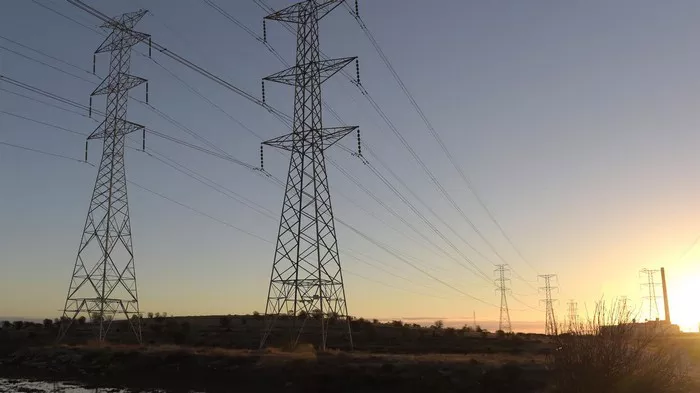The South Australian government is taking urgent action to prevent potential power blackouts this summer, with plans to restart two mothballed diesel-powered generators. The move comes as the state faces a forecasted energy shortfall and the possibility of unreliable electricity supply.
In July, French energy company Engie ceased operations of its Port Lincoln and Snuggery peaking generators, which were initially slated for closure in 2028. In response to this, Energy Minister Tom Koutsantonis has proposed rule changes that would grant the Australian Energy Market Operator (AEMO) the authority to compel companies to bring decommissioned generators back online during periods of high demand.
Koutsantonis has expressed concerns that the forecast for South Australia’s power reliability this summer has been underestimated. A shortfall of 200 megawatts is expected, and Koutsantonis argues that the Australian Energy Market Operator (AEMO) has not accounted for the delay in the new EnergyConnect interconnector between South Australia and New South Wales. This $2.3 billion project, which involves 900 kilometres of transmission lines, is designed to allow greater electricity flow between the two states. However, the project, initially scheduled for completion in July 2026, is running approximately a year behind schedule.
The energy minister emphasized that greater powers are needed for energy operators to bring back thermal generators in order to address reliability risks during peak demand periods, particularly in December 2024 and beyond.
Speaking on 5AA radio, Koutsantonis warned of the risks posed by relying on the interconnector with New South Wales, especially in light of recent power shortages in the neighbouring state. “If we rely on an interconnector to New South Wales and it’s hot across the entire national electricity market, we’re in trouble,” he said, referencing a recent incident in New South Wales where the state narrowly avoided power shortages during a 40-degree heatwave.
Opposition Criticizes Government’s Planning
The opposition has criticized the government for its handling of the situation, accusing it of a lack of long-term planning. Shadow Energy Minister Stephen Patterson noted that the government had been aware of the planned closure of the diesel generators since February. “Now, in the first week of summer, they’ve suddenly requested that these generators come back online,” Patterson said.
Patterson also argued that South Australia’s push towards renewable energy has contributed to the faster-than-expected withdrawal of thermal generators from the market. He warned that this would lead to higher energy costs for households, while also reducing the reliability of the grid.
Premier Malinauskas Defends Renewable Push
Premier Peter Malinauskas, however, defended the state’s commitment to renewable energy. He rejected claims that the rapid uptake of renewables was negatively impacting the grid’s reliability. “The state government doesn’t pay for renewable operations; investment in renewables is happening in South Australia because we have the best solar and wind resources in the world,” Malinauskas said.
The Premier pointed out that South Australia is on track to meet its 100% net-renewables target by 2027. He cited a recent example where the state had 125% of its energy needs met through renewables, resulting in power exports and a significant drop in spot prices.
Malinauskas acknowledged, however, that additional thermal capacity is needed to ensure the grid remains reliable during periods when renewable energy generation is insufficient. “The problem has been there hasn’t been enough fast-start firming capacity in the system,” he said.
Government Plans for Future Energy Security
The Premier emphasized that the government is focused on long-term energy security, preparing not only for this summer but for future seasons as well. “We’re acting to ensure there is insurance within the system,” he said. “We want continued investment in generation across the state, and across the country, but we haven’t seen the pace of investment that we think is necessary.”
Malinauskas concluded that while the government is taking steps to address current risks, the focus is on building a resilient energy system for the future.
Related topics:

